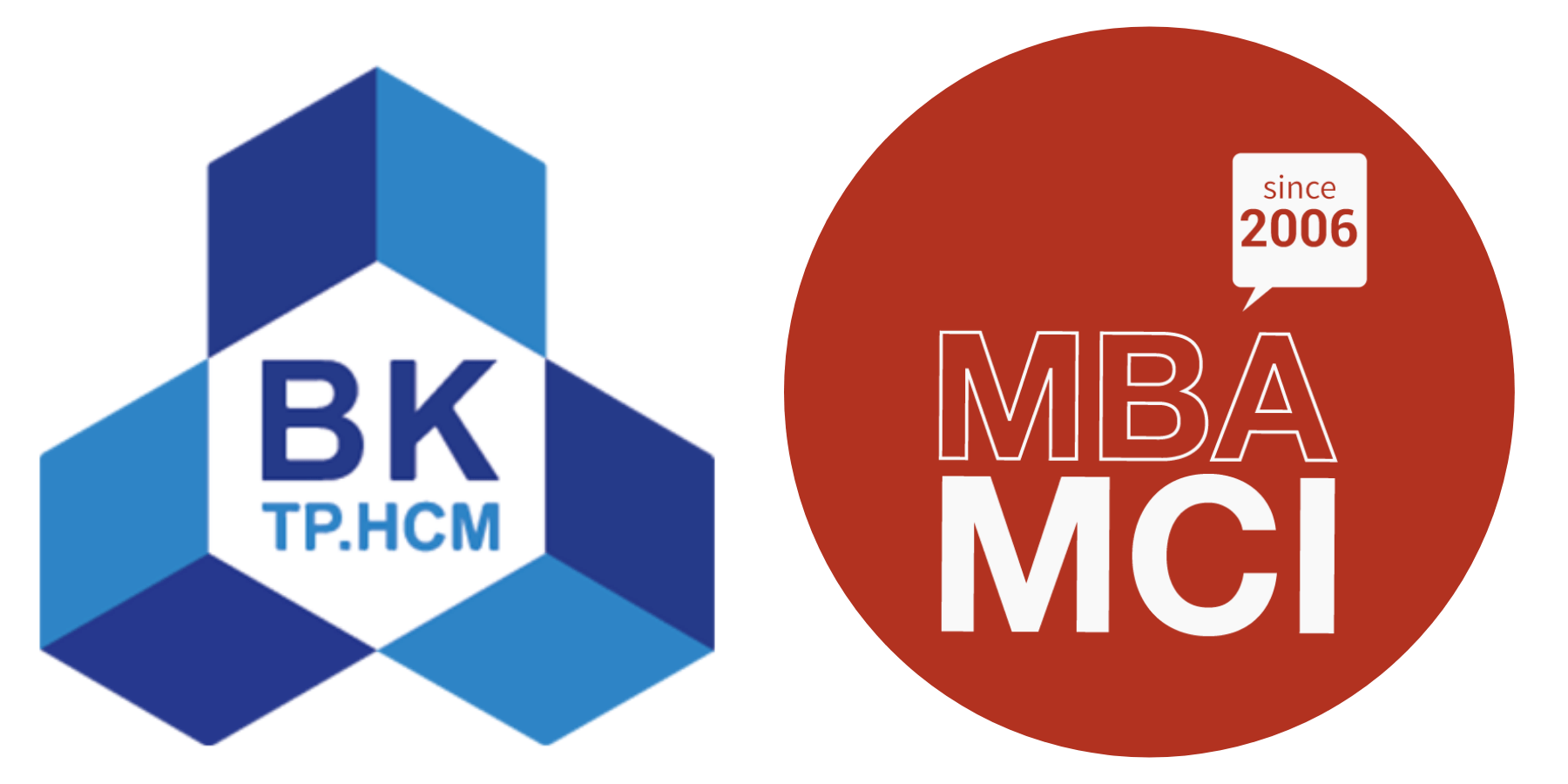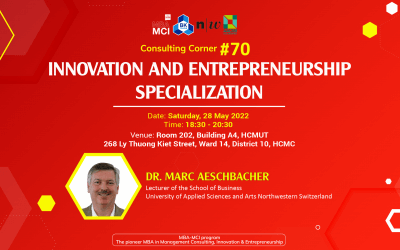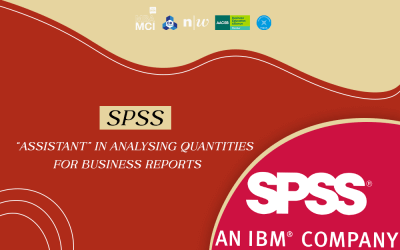 Philip Auerswald is an associate professor of public policy at George Mason University and a senior fellow at the Kauffman Foundation. He is the author of The Coming Prosperity: How Entrepreneurs Are Transforming the Global Economy.
Philip Auerswald is an associate professor of public policy at George Mason University and a senior fellow at the Kauffman Foundation. He is the author of The Coming Prosperity: How Entrepreneurs Are Transforming the Global Economy.
As the editor of the journal Innovations, I’m asked with some regularity, “So, what is innovation anyhow? How would you…”? (eyebrows usually furrow here) “… define it?” Since I don’t particularly enjoy debating definitions, I usually respond by saying: “That’s a difficult question. But one thing is for sure: If you’re not pissing someone off, it’s probably not innovation.”
I like this response because, if it doesn’t end the conversation, it usually shifts it from definitions to dynamics — which is what innovation is all about, after all. But I also like it because it captures one fundamental obstacle to innovation that all would-be disruptors must be prepared to face: the potentially hostile response of incumbents who don’t want to see their market advantages threatened.
There’s nothing new here. We all know that Joseph Schumpeter talked about creative destruction decades ago. And he was well aware of the likelihood of vigorous pushback from threatened incumbents:
To undertake such new things is difficult and constitutes a distinct economic function, first because they lie outside the routine tasks which everyone understands and, secondly, because the environment resists in many ways that will vary, according to social conditions, from simple refusal either to finance or buy a new thing, to physical attack on the man who tries to produce it.
Since you, the disruptive entrepreneur, can count on incumbent resistance (if not necessarily physical attack) down the road once you’re successful, the question is: What can you do early on to be prepared for the onslaught?
The famed “Attack of the Doughboy” offers one good answer.
It was 1987. Ben Cohen and Jerry Greenfield had just successfully completed Vermont’s first in-state public stock offering for shares in their new company. Sales were taking off, and Ben & Jerry’s ice cream was competing head-to-head with the vaunted Häagen-Dazs. Then Häagen-Dazs was acquired by Pillsbury. One day, says Cohen, a Ben & Jerry’s distributor contacted the two young entrepreneurs:
We found a dark corner of some restaurant at Logan Airport, and the distributor informed us that the salespeople from Pillsbury threatened to stop selling Häagen-Dazs to him if he continued to sell Ben & Jerry’s. The distributor clearly liked us, but we were the newcomers, the upstarts, and the distributor made more money off Häagen-Dazs than anything else on his truck. He couldn’t afford to leave his customers without it, so he had no choice but to drop our product.
Ben & Jerry’s response was a definitive moment for the company. Pillsbury clearly was in violation of Federal Trade Commission regulations against the restraint of interstate commerce. But pursuing legal action would bankrupt their company even if they ultimately won.
So the partners turned to a more dependable source of enforcement: their customers.
They launched the “What’s the Doughboy Afraid of?” campaign, with their customers in the lead. “A lot of letters started pouring in to the chairman of the board of Pillsbury,” Cohen recalls, “and some major articles appeared. Finally the Doughboy got such a black eye that Pillsbury relented and allowed our distributor to continue to offer our ice cream.”
Richard Branson tells very similar stories about epic battles between Virgin Airways and British Airways (a win for Virgin) and between Virgin Cola and Coca-Cola (a loss for Virgin). Where he succeeded, it was because his customers were loyal to the point of being willing to advocate on Virgin’s behalf.
Here’s the point. The more disruptive your innovation, the more your success needs to look like the creation of a political movement.
If you’re really creating change, it is quite likely you will reach a point when you’ll ask your customers to do more to support your work than just buy your product. They will need to stand up for your business, your product, your very right to exist in the marketplace. You’re going to be asking for their time. Depending on where you’re working and what you’re selling, you may be asking for their courage. To make such requests, you’re going to need to have built a hell of a personal bond.
“Ethics aren’t just important in business,” Branson says. “They are the whole point of business.” This isn’t just happy talk from a guy who’s already made it. It’s sound advice on how to succeed as a business innovator in the 21st century.
For folks who are looking for operational principles, take these from Lisa Gansky’s fabulous book,The Mesh.
· Say what you do — manage expectations and revisit them frequently.
· Use trials.
· Do what you say.
· Perpetually delight customers.
· Embrace social networks and go deep.
· Value transparency but protect privacy.
· Deal with negative publicity and feedback promptly and skillfully.
The good news is that creating the sort of deep, trusted customer relationships that both Branson and Gansky are talking about is completely possible. The bad news is that it’s no longer optional.
We will always need entrepreneurs to champion the new and overcome the old. But the successes of those who try to do so only serve to renew and intensify the challenge for the generations that follow. So, for those innovators at work today, just remember — you can price your way into a war with a powerful incumbent, but you can’t price your way out of one. When the incumbent fights back, you’d better make sure that your customers have your back, not just your receipts.



